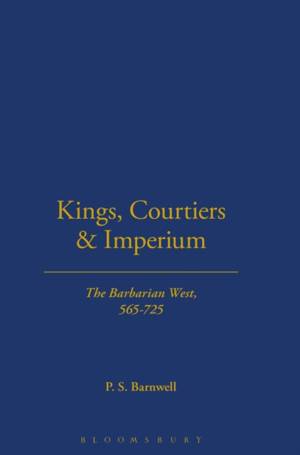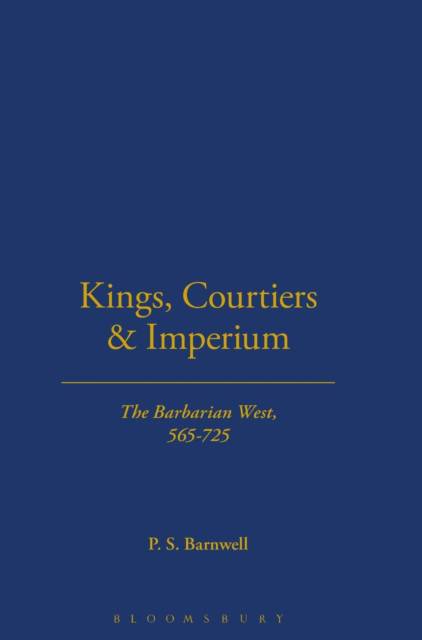
- Afhalen na 1 uur in een winkel met voorraad
- Gratis thuislevering in België vanaf € 30
- Ruim aanbod met 7 miljoen producten
- Afhalen na 1 uur in een winkel met voorraad
- Gratis thuislevering in België vanaf € 30
- Ruim aanbod met 7 miljoen producten
Zoeken
€ 440,95
+ 881 punten
Omschrijving
This work constitutes an appraisal of the development of kingship and royal administration in the kingdoms which, by the seventh century AD, had been established in the former Western Roman Empire. By viewing the seventh century in its own terms, and providing a detailed critique of the primary sources, the author sets out to show that kings were stronger than has often been thought, and their administration more sophisticated. A feature of his analysis is its setting of the evidence for early Anglo-Saxon England alongside that relating to the continental kingdoms. The evolution of governmental structures in a period increasingly remote from the imperial past is traced, as is the relationship of the "barbarian" kingdoms to the Byzantine Empire, and it is argued that, despite emergent differences between the kingdoms, many of their administrative institutions continued to be influenced by a common inheritence of Roman traditions.
Specificaties
Betrokkenen
- Auteur(s):
- Uitgeverij:
Inhoud
- Aantal bladzijden:
- 256
- Taal:
- Engels
Eigenschappen
- Productcode (EAN):
- 9780715627631
- Verschijningsdatum:
- 26/06/1997
- Uitvoering:
- Hardcover
- Formaat:
- Genaaid
- Afmetingen:
- 150 mm x 236 mm
- Gewicht:
- 589 g

Alleen bij Standaard Boekhandel
+ 881 punten op je klantenkaart van Standaard Boekhandel
Beoordelingen
We publiceren alleen reviews die voldoen aan de voorwaarden voor reviews. Bekijk onze voorwaarden voor reviews.







